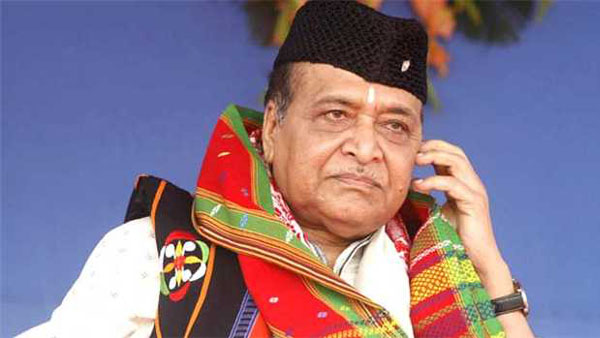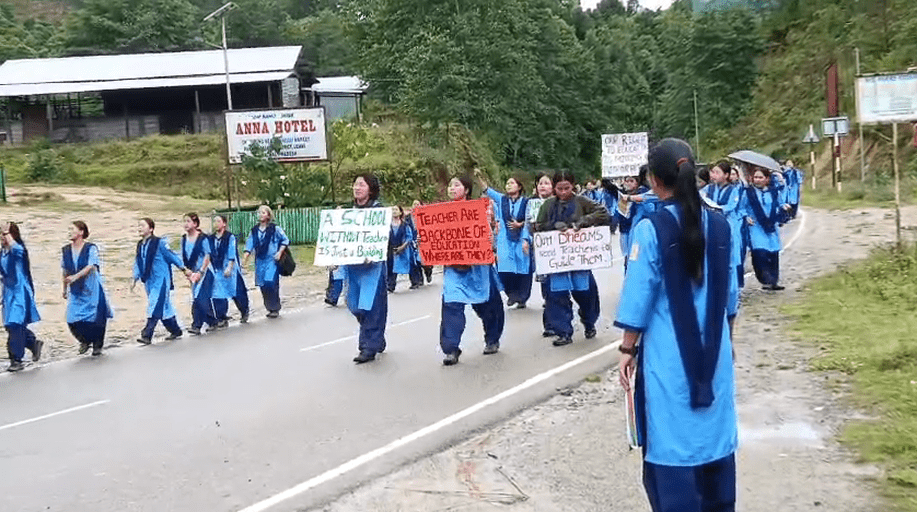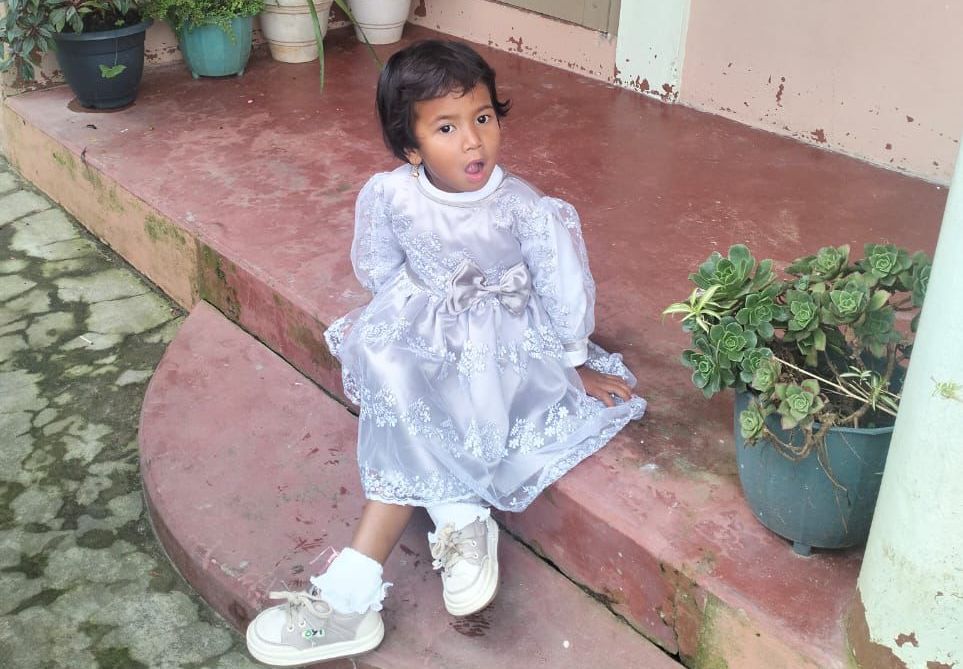By Dipak Kurmi
The centenary birth anniversary of Bharat Ratna Dr. Bhupen Hazarika, celebrated in Guwahati with Prime Minister Narendra Modi in attendance, was more than a cultural gathering; it was an occasion where history, music, and national spirit converged. The event radiated with performances that captured the rhythm of Bhupen Da’s immortal voice and reaffirmed the power of art to unite a nation. The Prime Minister, visibly moved by the energy and coordination of the celebrations, described the day as both remarkable and precious. He quoted the legendary bard of the Brahmaputra, recalling how certain lines from Hazarika’s compositions echoed endlessly in his heart, as if urging India to carry forward the eternal waves of his music.
Bhupen Hazarika, lovingly known as “Shudha Kantho,” occupies a unique place in India’s cultural landscape. His voice was not merely a vessel for melody but a medium that conveyed compassion, resistance, and unity. He sang of Mother India through the metaphors of the Brahmaputra and the Ganga, blending Assamese folk traditions with universal human concerns. His compositions transcended geography and generations, embodying the spirit of “Ek Bharat, Shreshtha Bharat.” Prime Minister Modi reminded the gathering that while Hazarika is no longer physically among us, his voice continues to narrate India’s development journey, energising every milestone of progress.
The centenary year is not just a celebration but a campaign to take Bhupen Hazarika’s songs, messages, and life journey to every household. The release of his biography at the event symbolised this larger effort to preserve and disseminate his legacy. For the people of Assam, this moment was not merely commemorative—it was a reaffirmation of their identity as custodians of a culture that has shaped the soul of India.
Hazarika’s life was steeped in music as both spiritual practice and social resolve. The Prime Minister rightly pointed out that when music becomes a form of sadhana, it touches the soul, and when it becomes a vow, it transforms into a moral compass for society. Every note in Bhupen Da’s repertoire reflected the ideals he lived by and the hardships he endured. His deep love for Mother India was not rhetorical; it stemmed from personal conviction and a lived experience of India’s diversity.
Born in Assam, he imbibed the cadences of the Brahmaputra, which became his first teacher. His academic sojourn in Kashi exposed him to the flowing rhythms of the Ganga, lending dynamism to his compositions. Later, his travels to the United States for higher studies enriched his worldview, yet he remained tethered to the soil of Assam. This deep-rooted connection explains why, despite his global experiences, he returned to India and became the cinematic and musical voice of the common man. His art gave expression to the struggles of ordinary lives, rendering their joys and sorrows into universal anthems.
Hazarika’s belief in human empathy was profound. One of his enduring messages was that if human beings failed to think about each other’s pain and suffering, the world would become void of compassion. This philosophy resonates today in India’s welfare programmes aimed at uplifting the poor, marginalized, Dalits, and tribal communities. The Prime Minister underscored this connection, noting how Hazarika’s vision continues to guide national policy.
What made Bhupen Da truly remarkable was his steadfast belief in unity at a time when the Northeast was engulfed in violence and separatist tendencies. He dreamed of a prosperous region and sang of its natural beauty, reminding people of their shared destiny with the rest of India. His songs for Assam and Arunachal Pradesh remain timeless tributes, and as Modi observed, a patriot’s voice never goes in vain. Indeed, the government has sought to honour his vision by conferring the Bharat Ratna upon him and by naming one of India’s longest bridges—the Bhupen Hazarika Bridge—after him, symbolically connecting Assam and Arunachal Pradesh.
The Northeast today is no longer the neglected frontier it once was. New infrastructure, record development projects, and the revival of historical legacies demonstrate the seriousness with which the region is being integrated into the national narrative. This accelerated progress, Modi said, is a true tribute to Hazarika’s dream of a vibrant Northeast.
Assam’s cultural heritage is both vast and profound. Its history, festivals, art forms, natural beauty, and sacrifices during India’s freedom struggle are woven into the larger fabric of the nation. Prime Minister Modi described the Northeast as the “land of a new light,” noting that the first sunrise of India graces its soil. Bhupen Da’s music often captured this symbolism, lending his compositions a sense of dawn, renewal, and hope.
Yet, as the Prime Minister observed, development is not just about physical connectivity—rail, road, and air—but also about cultural connectivity. Over the past decade, India has paid special attention to bridging cultural gaps while developing the Northeast. The national celebrations of Lachit Borphukan’s 400th birth anniversary and the revival of the stories of lesser-known freedom fighters during the Azadi Ka Amrit Mahotsav illustrate this commitment. Such efforts ensure that Assam’s contributions to India are not relegated to the margins but placed at the heart of the national story.
The resilience of Assam has been tested in moments of national crisis. During the 1962 war, Bhupen Hazarika’s songs became a rallying cry, strengthening the resolve of a nation under siege. That same spirit of determination was echoed in Modi’s remarks about India’s decisive response to threats, most recently during Operation Sindoor, when the country demonstrated its resolve against terrorism. In such moments, the Prime Minister said, the songs of Bhupen Da continue to inspire courage and unity.
Cultural richness in Assam extends beyond music into attire, cuisine, tourism, and handicrafts. Modi highlighted that these traditions must be given global recognition. He personally endorsed the branding of Assam’s gamocha, a symbol of honour and pride, stressing that every Assamese product should find its place on the world stage. This ties into the broader campaign of “Vocal for Local,” which the Prime Minister urged the people of Assam to embrace with renewed vigour during this centenary year.
Bhupen Hazarika’s life was a saga of national service through art. Remarkably, at the age of just thirteen, he wrote a song envisioning himself as a spark of fire, dedicated to building a new India where every deprived individual would reclaim dignity. This vision of a transformed India resonates with today’s national resolve to achieve a developed India by 2047. The Prime Minister urged the citizens of Assam to align with this mission, taking inspiration from Hazarika’s songs and his life’s dedication to the nation.
The centenary celebrations in Guwahati were attended by dignitaries including Assam Governor Lakshman Prasad Acharya, Chief Minister Himanta Biswa Sarma, Arunachal Pradesh Chief Minister Pema Khandu, and Union Minister Sarbananda Sonowal. Their presence underscored the regional pride and national significance of Bhupen Hazarika’s legacy.
As the event concluded, the sentiment was clear: Bhupen Hazarika is not a memory frozen in the past but a living force that continues to shape India’s cultural and moral compass. His voice, once carried by the waves of the Brahmaputra, now echoes in every part of India, reminding us of unity, empathy, and resilience. In celebrating his 100th birth anniversary, India does not merely honour an individual but recommits itself to the values he embodied.
In the words of the Prime Minister, the journey towards a developed India will draw its inspiration from Bhupen Da’s music and his life’s mission. The centenary of this immortal bard is not only a tribute to the son of Assam but also a renewal of the nation’s collective resolve to build an India that is compassionate, united, and strong.
(the writer can be reached at dipakkurmiglpltd@gmail.com)




